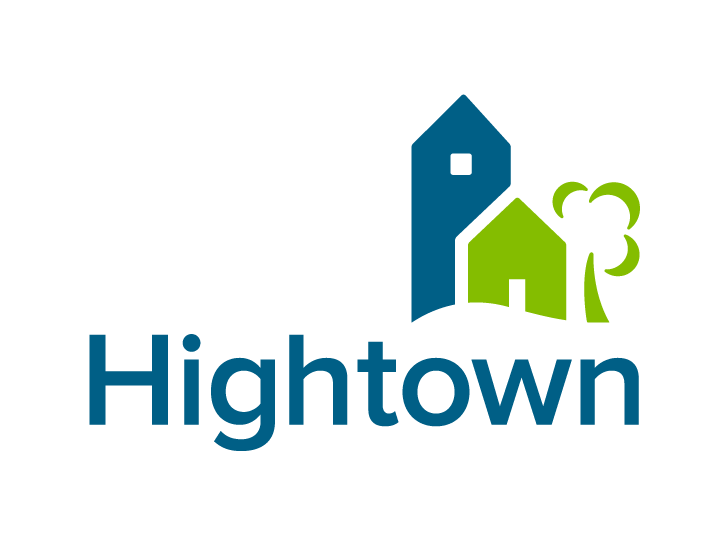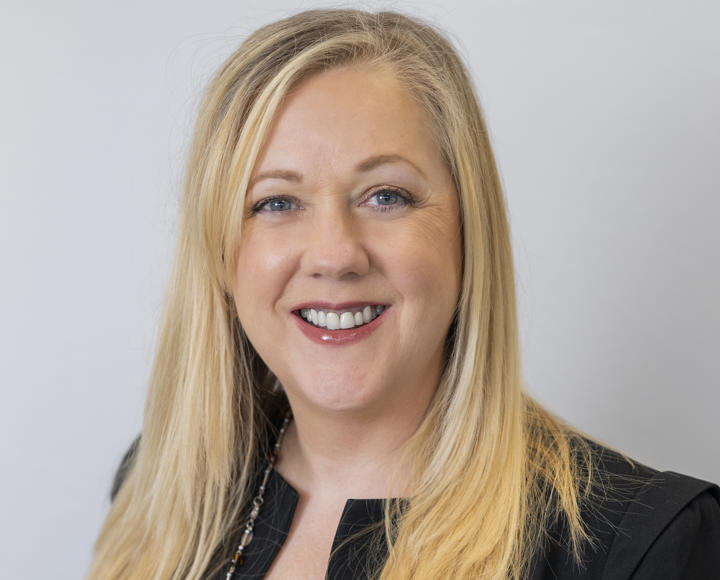A warm welcome to Leslie Channon who brings a wealth of experience to Hightown.
Tell us about yourself? What is your background?
I have a varied background. After a successful 16-year career in the entertainment industry in Los Angeles I moved back to the UK to be closer to family. My housing career began as a tenant chair on my landlord’s award-winning scrutiny panel. This led to me going back to school to get my master’s degree in housing studies from the University of Westminster – which led to becoming a researcher, a national campaigner, a housing consultant, trainer, and facilitator. I am proud to have been one of the lead steering-group members of the Benefit to Society Stigma campaign. Post Grenfell, I had the opportunity to work closely with the Ministry of Housing, Communities and Local Government (MHCLG) and Housing Ministers. I helped to develop and co-facilitate the ministerial roadshows that informed the Social Housing Green Paper (2018). I continued to work with the Department for Levelling up, Communities and Housing (DLUCH), Regulator of Social Housing (RSH) and the Ombudsman in my role at Taroe Trust on advisory panels and working groups between the publication of the Social Housing White Paper (2020) and the development of the new consumer standards, Tenant Satisfaction Measures (TSMs) and regulatory changes with the Social Housing (Regulation) Act 2023.
In 2021 I was interviewed as a thought leader in the sector and my journey to becoming a tenant champion.
What made you apply for the Board member role at Hightown?
Hightown has demonstrated that building homes and supporting people is possible even in this tough economic environment. Hightown, formed after the 1966 Cathy Come Home film and its continued involvement with the Homes for Cathy alliance was also a key attraction for me. I had the opportunity to interview David Bogle and his work with Homes for Cathy for Housing Day in 2018. Hightown’s corporate values, culture and mission as well as its focus on supported and extra care provision reflected an organisation where I would like to contribute my skills, energy and time.
How are you finding it so far?
Hightown is a vibrant and welcoming organisation. The board members, staff and especially the engaged residents I have met have been collaborative and supportive. I am proud of the work the organisation is doing and I look forward to looking at ways to improve on the already brilliant work that Hightown is doing.
What experience do you bring to Hightown and the role?
I am an experienced housing consultant, trainer, facilitator, independent chair & Non Executive Director – with a strong track record of creating 'pitchfork-free' zones to enable collaboration.
My areas of expertise are – resident engagement, housing policy and research, data analysis and insight, consumer regulation and public affairs. I also bring a passion for equality, diversity and inclusion (EDI). As an experienced trainer on EDI and the Equality Act. 2010, I help organisations explore ways to bring EDI to life – areas of focus are on removing barriers and increasing equity both within the workplace and in the tenant engagement space.
What do you think are the main challenges for the housing sector at the moment?
There are numerous challenges facing the sector – but I think the key challenges are managing the balancing act between financial viability whilst protecting their social purpose. The new regulatory requirements, especially around data, building safety, stock condition and demonstrating the organisation is listening and acting upon residents’ views.
If you could change one thing about the sector, what would it be?
If I had a magic wand, I would the change the narrative around who lives in social housing. Stigmatisation of social housing tenants has had a very profound and damaging effect upon many residents as well as the sector. When I was involved with the Benefit to Society campaign, we created a Fair Press Guide for media and commissioned research. Stigmatisation was also in the top three issues raised consistently in the ministerial roadshows that informed the Social Housing Green Paper (2018).
When I recently led a stigma research project for a mid-sized housing association, over thirteen-hundred residents engaged with the project. The results were very informative for the organisation and reflected some of the national research outcomes. Social housing stigma is a complex issue but I believe it can be addressed.
What do you think Hightown’s strengths are?
Hightown has many strengths – from the people who work for Hightown, who are passionate about what they do and the ambitious building programme, to the strong social care provision. Hightown impressively demonstrates that the size of an organisation doesn’t always determine outcomes and/or capacity.




